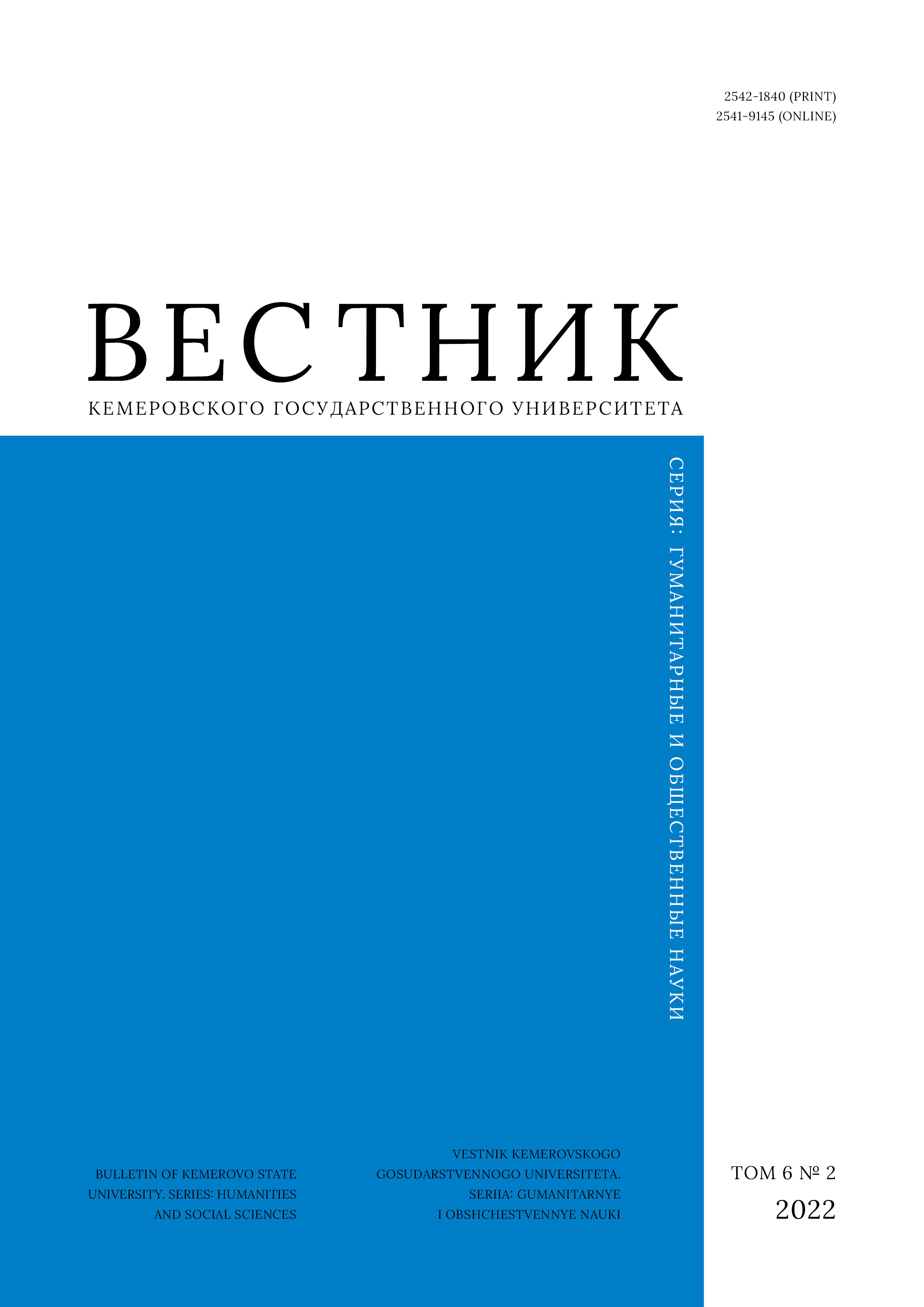Kemerovo, Russian Federation
This article describes the concept of human rights that emerged in the German Democratic Republic through the pluralism of the doctrine of East German jurists. Some scholars denied human rights in socialism while others had no consensus regarding the concept. They had different opinions on continuity / discontinuity of bourgeois and socialist human rights. Some scientists believed that these categories did not exist in reality. Others argued that socialist basic human rights were the product of the socialist revolution rather than an improved realization of inherited human rights, which revealed the discontinuity of bourgeois and socialist human rights. East German philosophers also had an idea of the unity of continuity and discontinuity. The principle of the unity of rights and obligations was of paramount importance in the concept of socialist human rights as two sides of the same subject because rights can only be realized when the citizen is entrusted with obligations. Therefore, the ideology of Marxism-Leninism did not prevent the East German researchers from developing different opinions on human rights.
human rights, German Democratic Republic, East Germany, socialism, Marxism-Leninism, basic rights, basic duties, continuity, discontinuity, principle of unity of rights and duties
1. David R. Major legal systems in the world today. Moscow: Progress, 1988, 496. (In Russ.)
2. Betmakaev A. M. "Welfare dictatorship" (on the specificity of social policy in the GDR). Vestnik Kemerovskogo gosudarstvennogo universiteta, 2013, (2-3): 21-25. (In Russ.)
3. Korneva L. N. Social policy and welfare state in Germany in the 20th century: continuity, ruptures, development. Vestnik Kemerovskogo gosudarstvennogo universiteta, 2013, (2-3): 80-84. (In Russ.)
4. Balashov D. G. The health care reform in the Soviet occupation zone in Germany in 1945-1949: the social aspect. Vestnik Tomskogo gosudarstvennogo universiteta. Istoriya, 2019, (57): 60-64. (In Russ.) https://doi.org/10.17223/19988613/57/10
5. Balashov D. G. Social insurance of Germans in the Soviet occupation zone in Germany in 1945-1949: from insurance to social security. Vestnik Tomskogo gosudarstvennogo universiteta, 2019, (440): 99-105. (In Russ.) https://doi.org/10.17223/15617793/440/13
6. Mukhina I. N. Social and legal status of women in the German Democratic Republic. Cherepovets State Universitety Bulletin, 2013, (1-2): 32-35. (In Russ.)
7. Burtsev A. N. Penal law and the penitentiary system of the German Democratic Republic in 1949-1990. Ugolovno-ispolnitelnaia sistema: pravo, ekonomika, upravlenie, 2007, (1): 27-31. (In Russ.)
8. Betmakaev A. M. Foreigners in the GDR: major groups and relations with East Germans (1949-1990). Vestnik Kemerovskogo gosudarstvennogo universiteta, 2015, (3-2): 100-104. (In Russ.)
9. Richardson-Little N. Between dictatorship and dissent: ideology, legitimacy, and human rights in East Germany, 1945-1990. Dr. Philos. Sci. Diss. Chapel Hill, 2013, 416. https://doi.org/10.17615/hacn-1468
10. Richardson-Little N. Dictatorship and dissent: human rights in East Germany in the 1970s. The Breakthrough: Human Rights in the 1970s, eds. Eckel J., Moyn S. Philadelphia: University of Pennsylvania Press, 2013, 49-67. https://doi.org/10.9783/9780812208719.49
11. Richardson-Little N., Dietz H., Mark J. New perspectives on socialism and human rights in East Central Europe since 1945. East Central Europe, 2019, 46(2-3): 169-187. https://doi.org/10.1163/18763308-04602004
12. Richardson-Little N. The failure of the socialist Declaration of Human Rights. East Central Europe, 2019, 46(2-3): 318-341. https://doi.org/10.1163/18763308-04602008
13. Betts P. Socialism, social rights, and human rights: the case of East Germany. Humanity: An International Journal of Human Rights, Humanitarianism, and Development, 2012, 3(3): 407-426. https://doi.org/10.1353/hum.2012.0026
14. Greenfield R. The human rights literature of Eastern Europe. Human Rights Quarterly, 1981, 3(2): 136-148. https://doi.org/10.2307/761865
15. Die Rechtsordnung der DDR: Anspruch und Wirklichkeit, Hrsg. Heuer U.-J. 1. Aufl. Baden-Baden: Nomos Verlagsgesellschaft, 1995, 630.
16. Menschenrechte und Selbstbestimmung: unter Berücksichtigung der Ostdeutschen, Hrsg. Ermacora F., Blumenwitz D., Hacker J., Czaja H. Bonn: Kulturstiftung der Deutschen Vertriebenen, 1980, 119.
17. Woywod G., Heumeyer E. Menschenrechte in der DDR und Berlin (Ost). 3. Aufl. Frankfurt am Main: Internationale Gesellschaft für Menschenrechte, 1988, 251.
18. Kuczynski J. Menschenrechte und Klassenrechte. Berlin: Akademie-Verlag, 1978, 164.
19. Forberger S. Das DDR-Komitee für Menschenrechte. Erinnerungen an den Sozialismus - Versuch im 20. Jahrhundert. Berlin, 1997-2000, teil 2, 557.
20. Poppe E., Riege G., Zschiedrich A. Grundrechte des Bürgers in der sozialistischen Gesellschaft. 1. Aufl. Berlin: Staatsverlag der DDR, 1980, 308.
21. Klenner H. Marxismus und Menschenrechte: Studien zur Rechtsphilosophie. Berlin: Akademie-Verlag, 1982, 528.
22. Büchner-Uhder W. Sozialistische Menschenrechte in der Deutschen Demokratischen Republik: zum Recht auf Mitwirkung an der Leitung von Staat, Wirtschaft und Kultur durch alle Bürger der DDR, Hrsg. Komitee zum Schutze der Menschenrechte. Dresden: Verlag Zeit im Bild, 1968, 60.
23. Klenner H. Studien über die Grundrechte. Berlin: Staatsverlag der DDR, 1964, 280.
24. Poppe E. Mensch und Bildung in der DDR. Berlin: Staatsverlag der DDR, 1965, 315.
25. Nast M. Das Recht des Menschen auf Bildung. 1. Aufl. Berlin: Staatsverlag der DDR, 1978, 285.



















